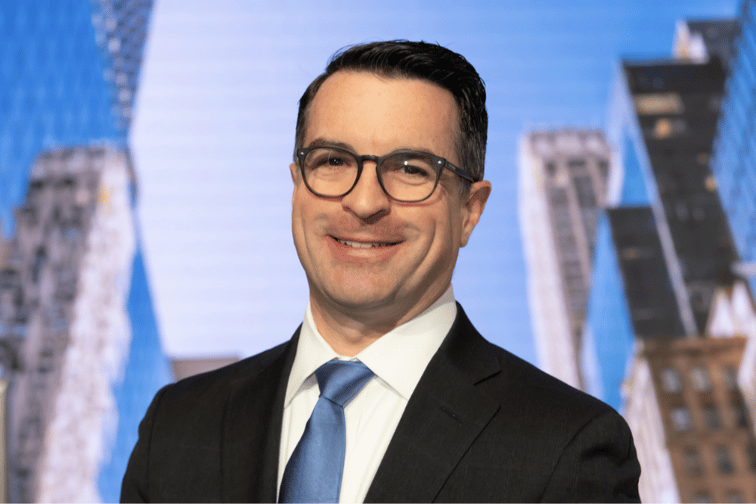

Having taken his first insurance class in high school before going on to study financial management of risk at university, Mike Mulray’s (pictured) career trajectory bucks the trend of so many of his market peers who “fell” into insurance. In a recent interview with Insurance Business, Mulray, who became president of Everest’s North America Insurance division earlier this year, highlighted why attracting and retaining great talent is at the top of his growth agenda.
“There’s a constant war for talent out there, so trying to attract the best and brightest, and continuing to develop the talent we have and retain them through training and development opportunities is so important,” he said. “And as an industry, we need a bigger pipeline coming into the market, that’s one of the main challenges we’re facing – getting more people attracted early on.”
Mulray noted that going out to schools and universities to promote the idea of an insurance career as rewarding and fulfilling is essential and how to do that at scale is a pressing topic for him as a leader. Being one of the relatively few individuals in the market with a degree in insurance underscores why having studied insurance is not a pre-requisite to enjoying a great career, he said, and why the sector needs to continue to focus on attracting individuals from all disciplines.
“You can teach people insurance,” he said. “You can’t teach people hard work, or about having a growth mindset, or to ask the right questions, or to be flexible. There are certain things like having passion and drive and energy that you just can’t teach. To me, having people who come from different backgrounds and who bring diverse experiences is just as valuable… Of course, we still want to hire people with insurance and risk management degrees and qualifications, but to our mind, it’s not necessary.”
To people not yet on the path to exploring insurance as a career option, Mulray has a clear message – “this is a great career path, which offers the opportunity for huge societal good”. It’s all too easy to lose sight of the force for good that insurance can be for individuals, businesses, communities and societies, and the industry needs to get better at telling its story and why nothing really happens in the economy without the safety net provided by insurance.
Examining Everest’s talent emphasis, he touched on the spate of recent key hires and internal promotions announced by the group and the two fundamental ingredients in the “secret sauce” of Everest’s success in this field.
“It’s all about people and culture,” he said. “We have a ‘no jerks’ rule. We want to hire the best people who fit our culture which is grounded in humility, collaboration and diversity. People have to fit that mould and that’s just the way we think about things. When it comes to talent specifically, we’ve spent a lot of time and investment in developing our people.
“Through our development programs, our early talent program, our associate underwriting program and internships, we’re trying to build the next generation of leaders. That’s really important to our success. I think some companies have got away from doing that in the same way that we are. For example, through COVID, we maintained our internship program when others cancelled theirs because we knew how important it was to support folks in that way.”
Speaking candidly, he said, he firmly believes the success Everest is seeing is all due to the ground talent spread throughout the company, and he feels very fortunate to have such a strong team.
It has been a busy period for the business which announced the rollout of a US wholesale and programs market division and unveiled a new business travel accident protection plan in September. Growing a business at pace without diluting your culture is a balancing act for leaders and Mulray emphasized that it all starts with getting the right people into the company at the earliest juncture.
“Everyone you hire is a reflection of you,” he said. “So, when we talk to our business leaders and managers, we tell them if you’re bringing somebody in, you can't just settle. We really need to make sure that people have connectivity to our culture and who we are, and we test for that in interviews… When we interview, we want candidates to have a chance to meet as many people in the business as possible. Because they’re interviewing us as much as we’re interviewing them. We want them to see the consistency across our team.”
Candidate feedback often highlights that consistency piece, he said, which he feels reflects the authenticity of Everest’s approach to people and culture. Rather than taking a scripted approach, his focus is on nurturing the passion of his team as that’s really the only way to guarantee that Everest continues to attract and retain the best people.
“We simply can’t afford to settle, we want to have the best people,” he said. “And great talent attracts great talent. We know that, which is why it’s so important to us to stay focused on bringing in the best people we can find. We’re actively recruiting right now, around the world but particularly in the United States, to add more people in a number of different areas, especially in our wholesale division - and this is the key to us doing that.”
